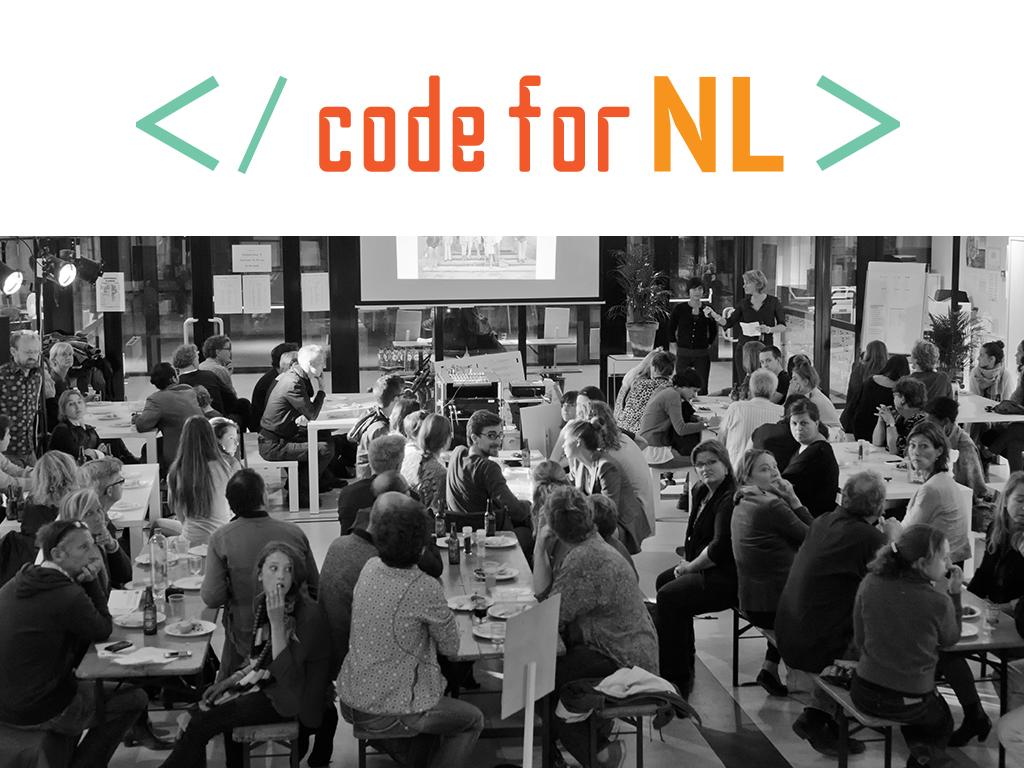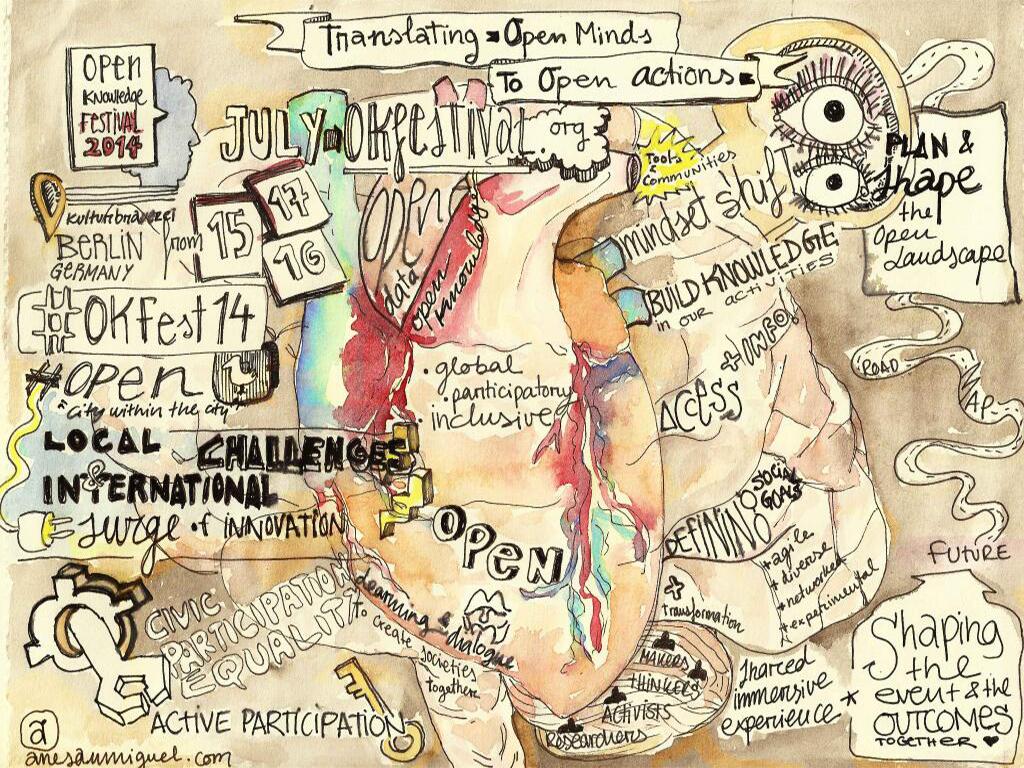Can you think of a better way of acquiring new ways of working than by old-school trial and error and by learning from the experience? Without consciously knowing it, this is the principle behind the Code for Europe Fellowship program.
Code for Europe wants to solve local civic challenges, by enabling agile temporary teams of developers (fellows) to create solutions that are easily re-useable in other European cities. In the process international fellows work together with civil servants. They show them that some of the issues in their municipality can actually be broken down in smaller bite-size portions that can be solved by practical IT-applications, instead of having to work on a five year plan.
Take for example the issue of troubled neighbourhoods. It’s a problem every city will recognise. Due to unemployment, poor education and bad housing situations, some neighbourhoods become unattractive or even unsafe. Municipalities can try to fix this by tackling large issues such as the unemployment. However, this is a very difficult task that involves many social indicators that need to be addressed simultaneously. Instead of only focussing on this level, the municipality of Amsterdam Oost chose to work with the Code for Europe fellows on a platform on which the community-members can book accommodations to come together. The idea behind it was simple: neighbours that know and care for each other will take more ownership of their community. This is a bottom-up way of improving the neighbourhood.
Imagine what solutions working with highly engaged developers could offer to challenges your city is facing: bycicle parking problems, closed data sets, inefficient bureaucratic processes, public transportation navigation, channelling tourism, information sharing... you name it.
Experiences of last year
For the Amsterdam civil servants that hosted a fellow last year, the opportunity to work with the fellows, as well as the members of their respective municipalities created an experience that reflected on the way these civil servants perform their day-to-day job. Some reactions:
- “It’s a learning process on how the city actually works and we want to embrace new ideas from developers” (Elvria Osmanovic)
- “…as an ICT specialist at the local government I'm mostly occupied with managing the internal systems. The Code for Europe project helped me to understand how it's actually being used by citizens” (Rene de Jong)
- “I believe in the concept of Code for Europe, I think IT can broad our scope to find solutions for social issues” (Anne-Jan Zieleman)
Code for Europe started as a three year project with funding of the EU CIP program. The first year we investigated other similar initiatives and decide on a tactic. However running an actual fellowship was mostly a matter of learning by doing. Of diving into the deep and taking a pragmatic approach. We got started in 2013, evaluated with intervals and adapted accordingly. Our experiences combined, both good and bad, are now the basis for our Code for Europe principles which will be tweaked throughout the second year of the fellowship.
This year we are actually able to experiment with a few variables to see how they will affect the outcome. For example the focus of the international training session. Previously we emphasized what was already out there, learning from other examples, and we focused on mapping the support ecosystem and creating scalable apps. Although this will still be an important element, this year we will leave much more room for peer-coding and collaborative problem-solving.
What's new this time?
Our biggest test case for 2014 is that four new local authorities joined the project. We very heartily welcome the Scottish authorities Aberdeen, Edinburgh, East Lothian and Clackmannanshire to the program. Last week I had the opportunity to travel to Edinburgh to share our experiences with the civil servants of these authorities. It was great to have a room full of energetic people eager to try out the fellowship format and experience for themselves how developers can play a role in solving civic issues. And upholding the ‘learning by doing’-method, instead of simpy telling them the magic formula, we worked together on small exercises such as creating an activity timeline and mapping the local support network for innovation. Participant Haidee Bell stated: “It was so energizing to hear how four Scottish authorities are considering vital local challenges for Code for Europe!”
In all honesty, I think the main aim of this session was to inspire people and to get things in motion. Because, as we had to do in Amsterdam, these Scottish authorities will have to 'simply experience' how things will work out in their own municipalities. They will bump into their own challenges and will find solutions for them. And of course, they will have our full support! It is great to see that these four authorities are brave enough to go head-first into this adventure and personally, I'm looking forward to hear all about the lessons learnt from our Scottish partners next year.
And who knows what other cities might join the program in the near future. Who else wants to learn by doing? We will start a similar fellows programme in The Netherlands called 'Code for NL', information (in Dutch) is available at codefor.nl.


